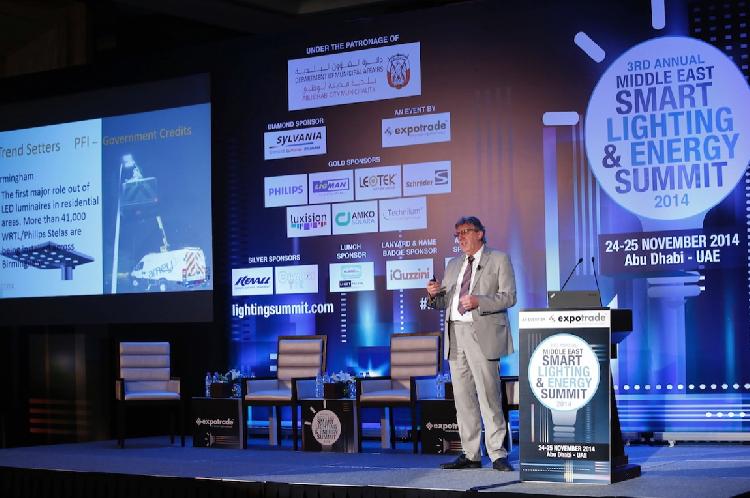
Making The Switch to Smart Lighting
The lighting industry has grown at an astronomical pace. CFLs have not just replaced light bulbs – it is a step more than that. The advent of technology in the lighting industry has paved the way to smart lighting. But, what do we understand by smart lighting? Simply put, it is the use of technology in lighting that enables remote controlling of lighting systems. It is a growing concept that appeals to a wide audience base; apart from home owners, many governments and private entities are also implementing smart lighting solutions.
Technology is transforming innovation at its core. It is particularly interesting to note that Internet of Things (IoT) technology has even revamped the traditional models of lighting. Using the power of technology, leading private players are not only implementing smart lighting indoors but have also undertaken key pilot projects in many towns and cities across the world to develop LED lighting of tomorrow. The deployment of intelligent lighting solutions offer unrivalled levels of flexibility and functionality making it integral to smart city development. A number of cities across the globe are exploring the link between better lighting and making the city smarter.
Mr. Brad Hariharan, Regional Director, Expotrade Middle East, said, “Over the past decade, a discernible shift in the consumer mindset, coupled with global awareness on the benefits of energy efficiency has played a critical role in the mass adoption of intelligent lighting solutions. Globally, retail and hospitality are key growth segments for smart lighting that offer a tremendous growth opportunity.”
Unarguably, the global smart lighting market is on an upswing. Industry reports indicate that the growth of the smart lighting market is expected to reach $56 billion by the year 2020, while the total global market for networked lighting controls will be over $5 billion. The developments in the lighting industry are manifold – from the introduction of sustainable products and solutions to improvements in street lighting, from façade lighting to indoor lighting.
Presently, Europe has the largest market for smart lighting especially in the commercial end user applications. Analysts predict that the GCC lighting industry market is on a double-digit growth, approximating the market to reach $3.5 billion by 2020. In the Middle East, the demand for intelligent lighting is strengthened by government’s adoption of smart infrastructure solutions in segments such as street-lighting. The Abu Dhabi government is implementing a sustainable lighting project that reduces power consumption by at least 60%, ensures drastic reduction in overall costs by 40% - 80% over 20 years and curbs carbon dioxide emission by 75%.
Understanding that lighting plays an integral role in today’s urban life and is not to be considered as just another functional commodity, the Middle East Smart Lighting and Energy Summit 2015, to be held on 23-24 November, 2015 at Jumeirah at Etihad Towers, Abu Dhabi will discuss the broad developments in smart technology in lighting.



























